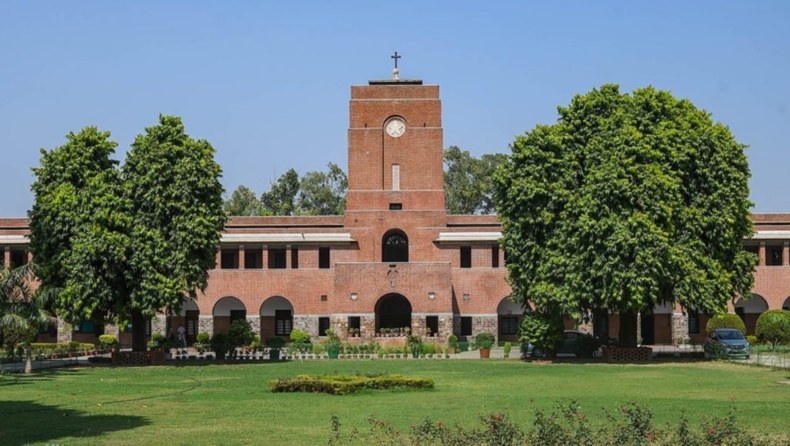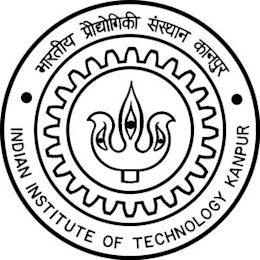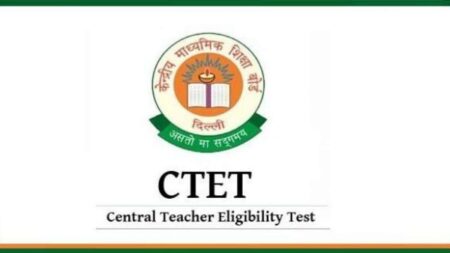
The High Court directed St Stephen to withdraw its prospectus for admission 2022-2023. The court also added that the right under Article 30 is not absolute.
Highlights
- HC orders St Stephen college to withdraw its prospectus.
- St Stephen wanted to give 15% weightage to interview scores.
- DU guidelines consider CUET scores as the only criteria for admission.
About St Stephen College
St Stephen is one of the prestigious colleges of Delhi University on the North Campus. It was founded in the year 1881 by the Cambridge Mission to Delhi and was associated with Calcutta University and later with Punjab University. But with the establishment of Delhi University, it got affiliated with it in 1992. As per the National Institutional Ranking Framework (NIRF) of 2021, it is in the eighth position. Many students aspire to be part of this institution which gives 50% of seats to minority students because of its established legacy.
What is the tussle between Delhi University and St Stephen College?
St Stephen is the only college at Delhi University that considers interview scores as a part of the admission process. Earlier, before the implementation of the Common University Entrance Test (CUET), the college used to give 15% weightage to interview scores and 85% to the cutoffs released by the college.
This year, Delhi University made a decision to introduce Common University Entrance Test (CUET) for admission in the colleges affiliated with it. Which made it mandatory to appear for the test to secure admission in the undergraduate courses.
However, St Stephen college refused to abide by the order and released its prospectus for admission, stating that it will give 85% weight to scores of CUET and 15% to the interviews with the shortlisted candidates on the basis of CUET. Because of this, DU issued a notice to the college and directed it to not conduct interviews with students belonging to the non-minority category.
The college filed a petition in the court challenging the notice issued by DU to withdraw the guidelines for admission 2022-2023. On the other hand, a law student Monika Poddar challenged the college’s admission policy through advocate Akash Vajpai. “The petition filed through Advocate Akash Vajpai stated that taking interviews where the award of marks is left to the subjective satisfaction of the selection committee gives ample room for discrimination and manipulation.” Reported ANI.
On Monday, a division bench comprising Justice Satish Chander and Justice Subramonium Prasad directed the college to withdraw its admission prospectus and follow the policies of Delhi University for admission in 2022-2023. It directed the college to give 100% percent weightage to CUET scores for admission of non-minority students.
In its 95-page order, the court held that Article 30(1) of the Constitution, which grants the right to minorities to establish and administer educational institutions of their choice, is not absolute and the State has the right to formulate regulations concerning its administration to the extent that it is for the furtherance of the interest of that community and prevents maladministration. ANI reported.
The Judgement of 1992
Similar kinds of questions were raised after that the Supreme Court took the matter into its consideration. The college in this case argued that it is taking interviews for admission since its commencement and University cannot take this liberty now. They further added that admission solely on the basis of marks is unreasonable and it violates the fundamental right guaranteed under Article 30 of the Indian Constitution which gives the right to minority institutions to establish and administer educational institutions.
The court upheld that minority institutions are entitled to admit their community candidates in order to maintain their minority character. It also added that the reservation should not be more than 50%. A similar question of whether the college is allowed to take interviews and consider its score in admitting students was raised. St Stephen was allowed to take an interview score as a part of the admission process apart from the cutoff system.
WAY FORWARD
Education carries utmost importance for India in its crucial stage of development therefore, whatever the decision may be, it should be in the favor of the students. The interest of the student should be our top priority as the real future of our country.













